During their third encounter in February, Egyptian President Abdel Fattah El-Sisi and his Russian counterpart Vladimir Putin agreed to numerous joint economic projects between the two countries. Amidst the cooperation deals was one that incited controversial reactions: building a nuclear power plant in the Egyptian coastal city of Dabaa for a much needed 9,600 megawatts of electricity.
Egyptian Streets talked to Rosatom Corporation, Russia’s national nuclear corporation, which will work on building the plant.
– – – – – – –
ES: How will Egypt get highly trained operators? Will all operators be Russian?
Rosatom: The operators will definitely be Egyptian. Russia will provide the necessary support in their training and will also be providing technical support to the client over a long period after the NPP’s commissioning. Both are integral parts of the project. This is standard international practice.
ES: Why is the plant being built close to the sea and people? Why not somewhere in the desert?
Rosatom : Any NPP (nuclear power plant) requires a huge amount of water for cooling, which is why the location in the Dabaa region is ideal. Locating NPPs on the seaside or on the bank of a large river is standard practice globally. Locating them near human settlements is also far from unusual. For instance, in Europe, where the population density is high, most NPPs are located near large settlements, and this doesn’t seem to cause concerns. Both are integral parts of the project. This is standard international practice.
ES: Where would the nuclear waste go?
Rosatom: In accordance with the signed IGA, Russia and the Arab Republic of Egypt have agreed on the cooperation in spent nuclear fuel (SNF) and radioactive waste disposal. An active discussion of the details of this cooperation is currently ongoing.
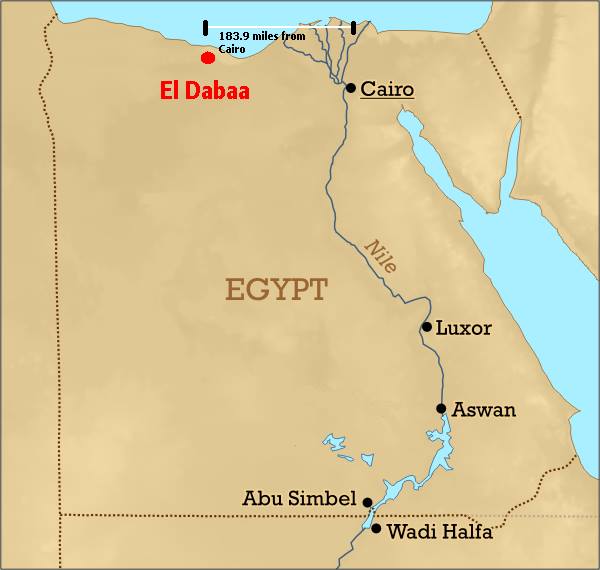
ES: Most people are concerned about the lack of security, fearing another Fukushima for example, saying that Egypt is not known for its accuracy and safety measures. How would you address this?
Rosatom: The Egyptian NPP project foresees the construction of power units designed to provide the highest safety level with consideration of the Fukushima lessons learnt. The safety of Russian-designed NPPs has been proven by the many years of their safe use and continuous improvement in compliance with the latest international safety requirements. The high level of safety of Russian-designed NPPs is due to a number of factors, the key of which are the self-protection of the reactor facility, the presence of several safety barriers and the multiple duplication of safety channels.
Furthermore, we cannot agree with the alleged lack of safety measures in Egypt. Even now, Egypt already has many highly qualified specialists and nuclear engineers who have first-hand familiarity with international safety standards for the use of nuclear facilities. Moreover, in the course of the project’s implementation, Russia will conduct additional training for nuclear specialists and NPP staff. As for the NPP’s physical protection and security, we have no reason to doubt Egypt’s capacity to provide the highest level of security for the NPP. An NPP is an absolutely special object, and we are confident that Egypt will keep the issue of its protection under special control.
– – – – – – –
However, Rosatom Corporation did not reply to an inquiry about cutting corners to reduce costs given both Egypt and Russia’s struggling economic conditions.
Construction of the nuclear power plant is scheduled to commence in 2016 and will be completed by 2020. The agreement signed in November provides for the construction of two nuclear power units, while on the whole it is planned to construct four units. Another four units are currently up for an international tender.
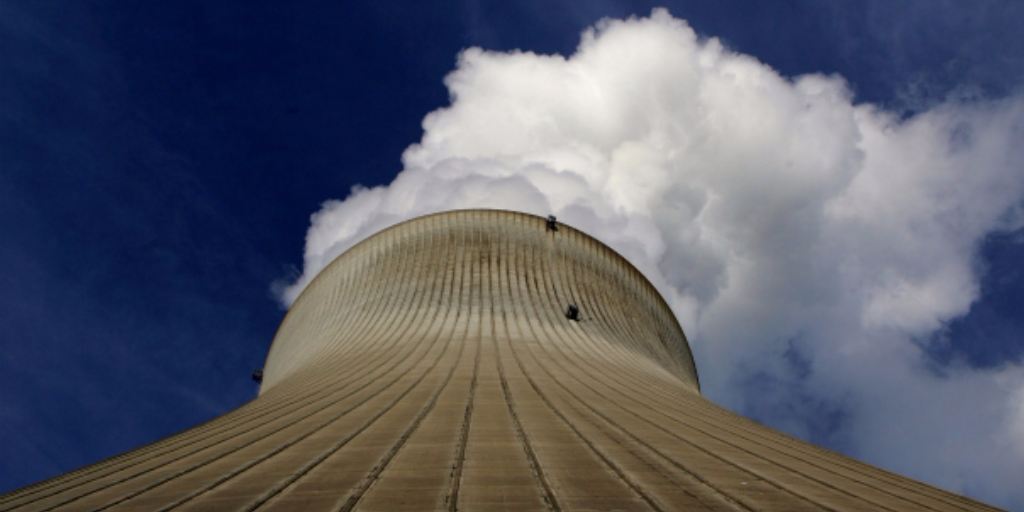


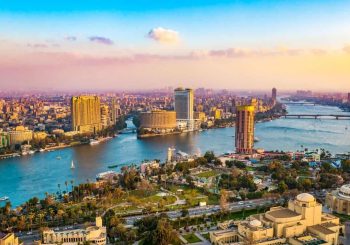
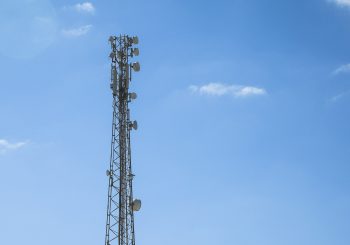
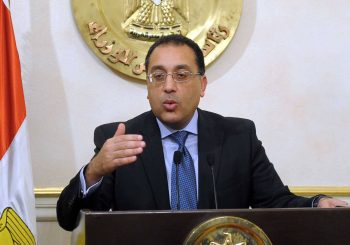
Comments (10)
[…] Nuclear Plant to be Operated by Egyptians: Russian Company – Russia will provide the necessary support in their training and will also be providing technical … Rosatom: In accordance with the signed IGA, Russia and the Arab Republic of Egypt have agreed on the cooperation in spent nuclear fuel (SNF) and … […]
[…] Nuclear Plant to be Operated by Egyptians: Russian Company – The safety of Russian-designed NPPs has been proven by the many years of their safe use and continuous improvement in compliance … Russian-designed NPPs is due to a number of factors, the key of which are the self-protection of the reactor facility … […]